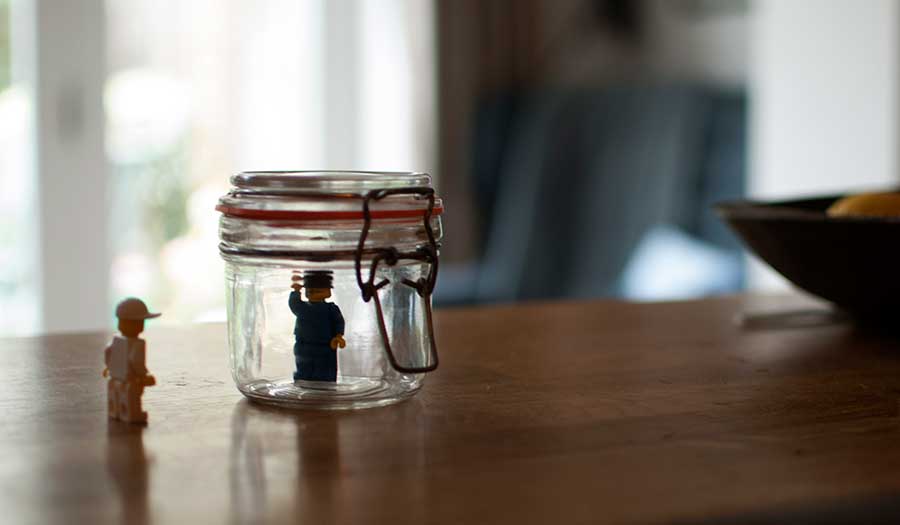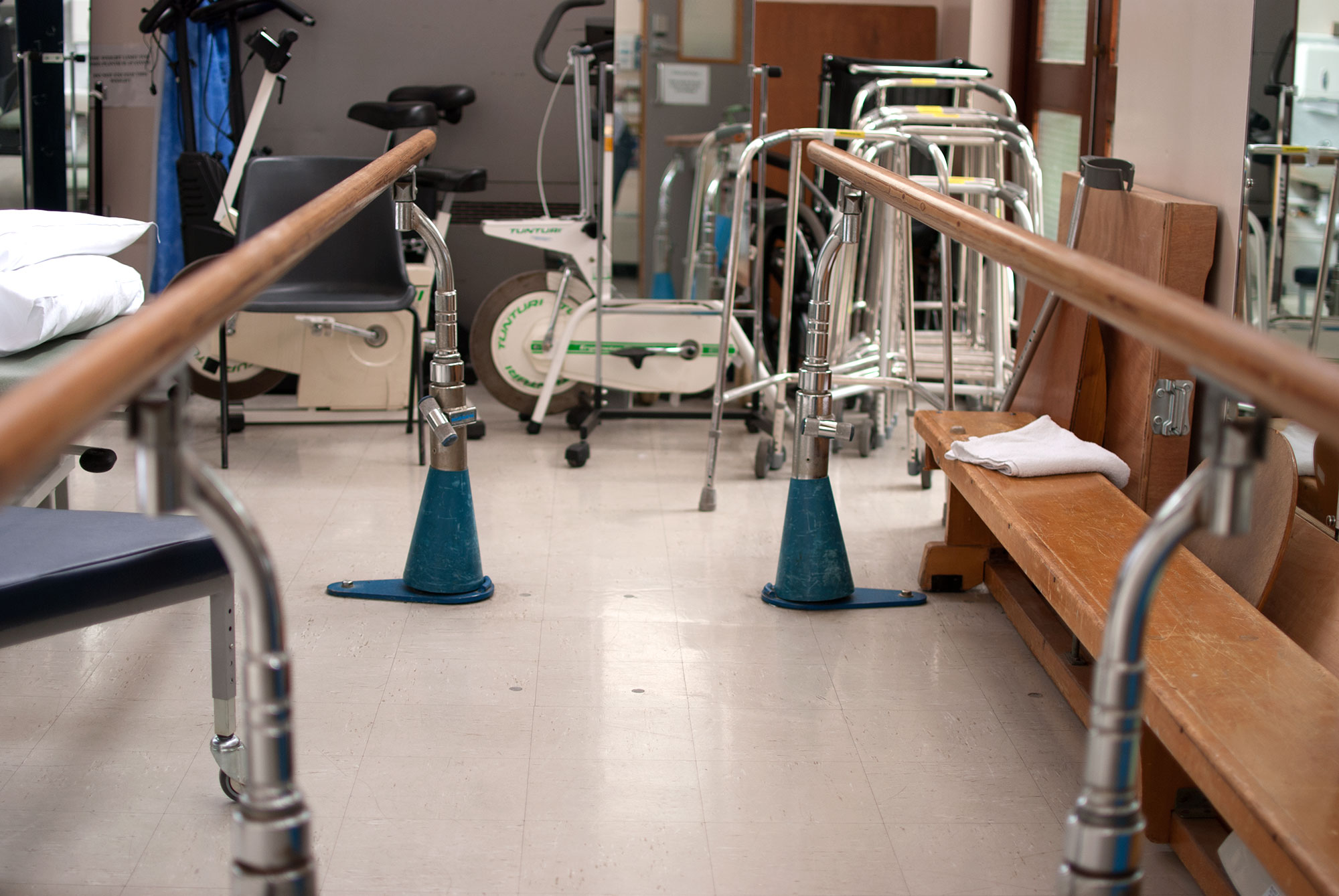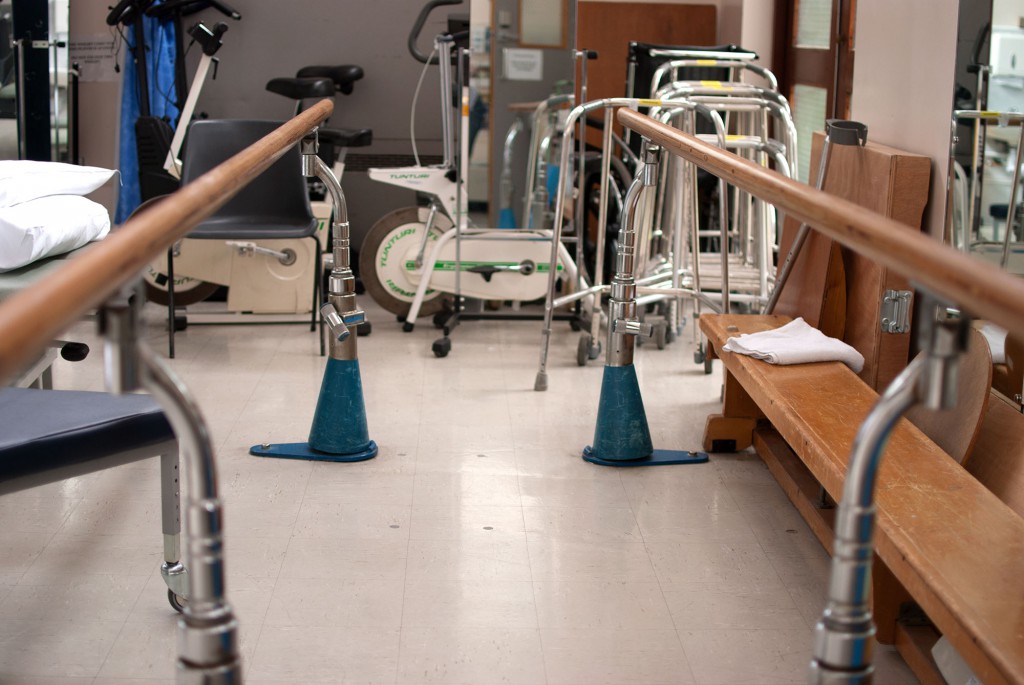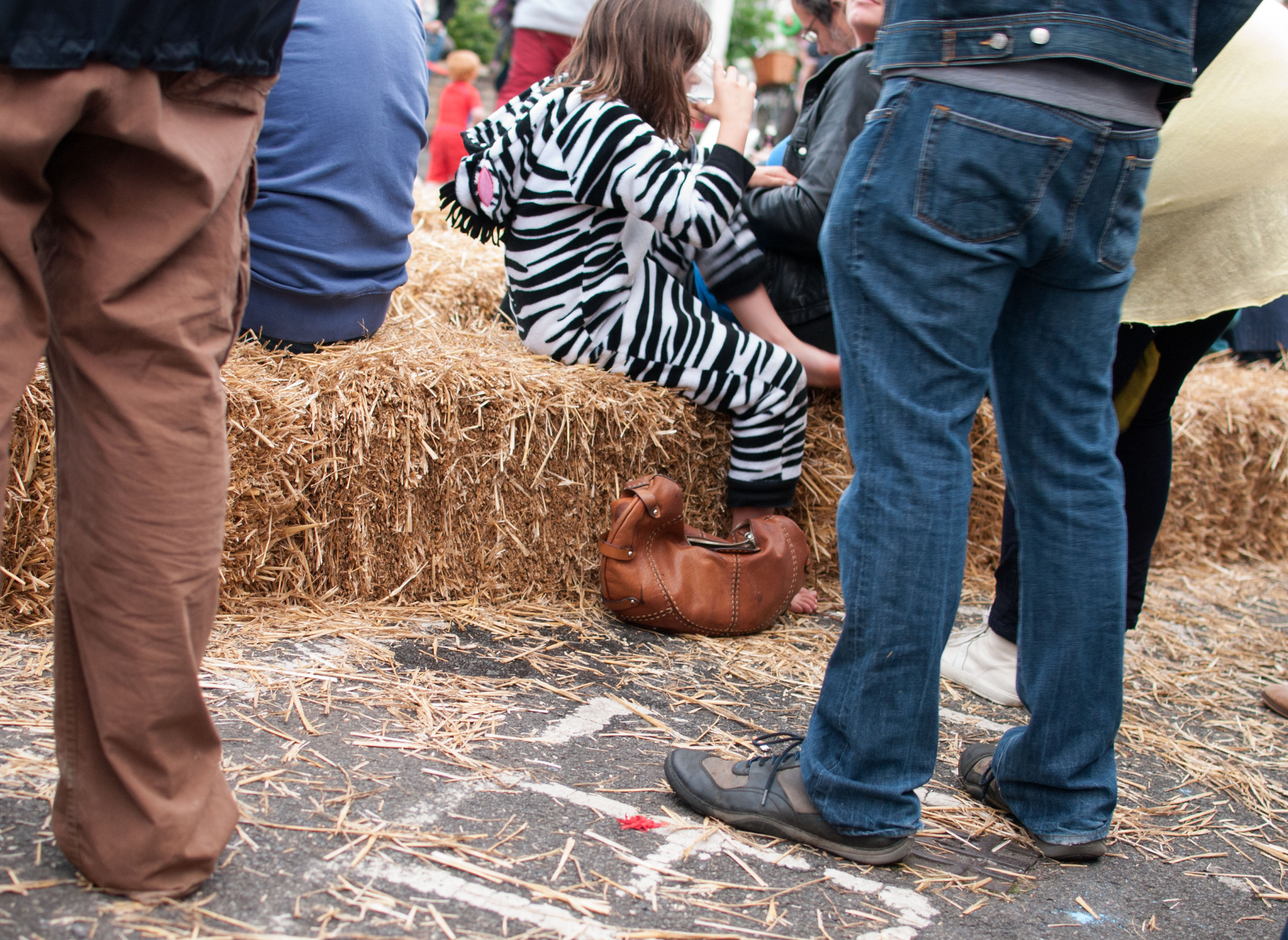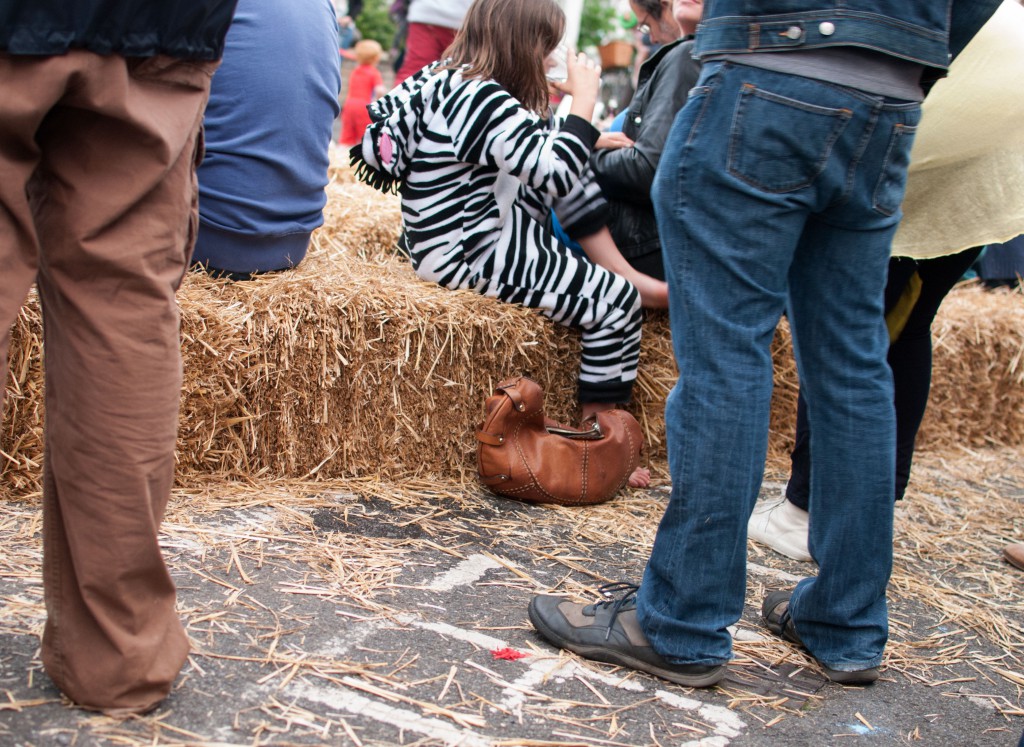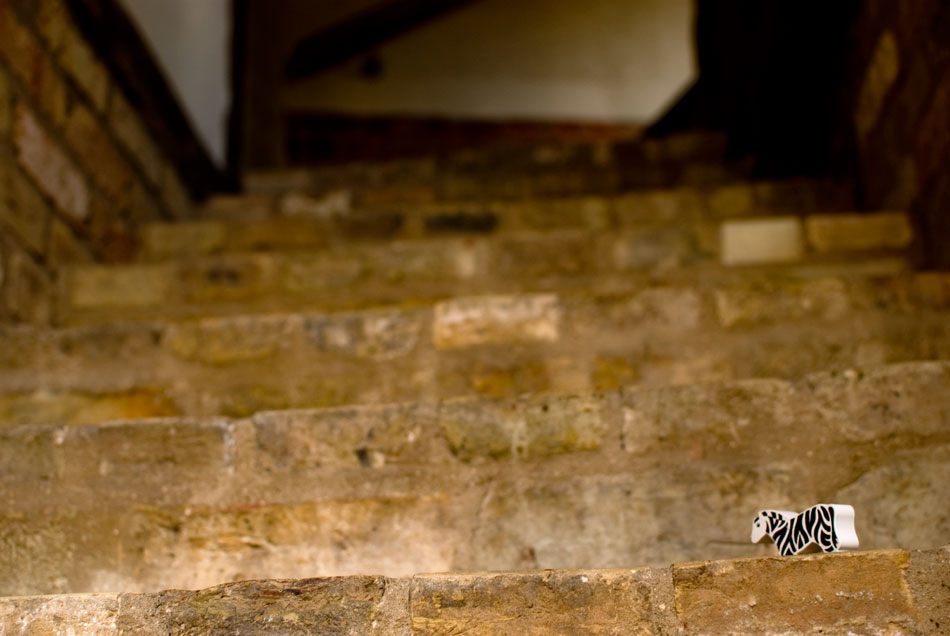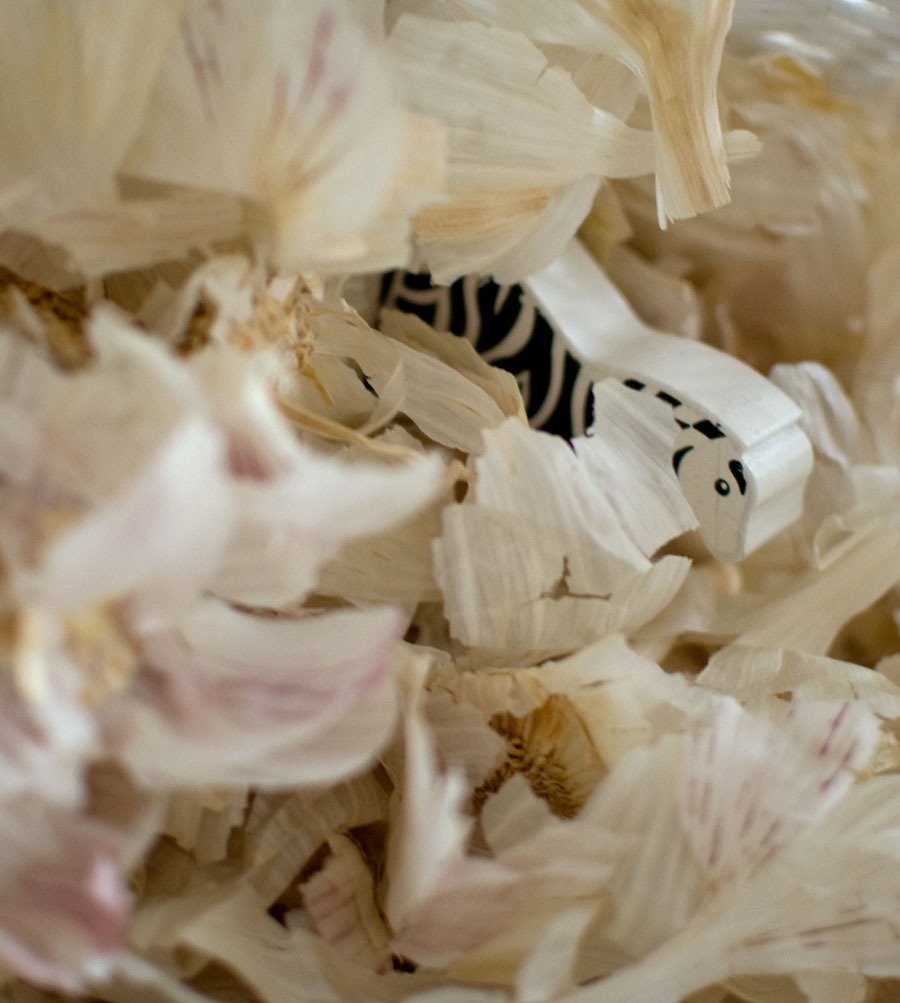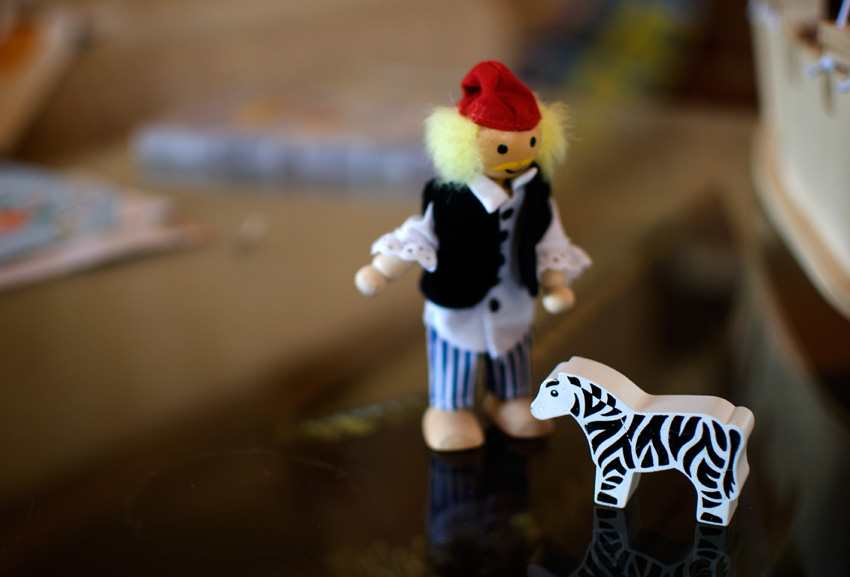The increased daylight of Springtime brings the season to us strongly and definitely. These are uncertain, unprecedented times we’re living in!
Keep safe, stay well, follow distancing guidelines and wash your hands, again. Seems to be a worthwhile suggestion for us all, right now.
With all this extra thinking time I’ve been doing some digital housekeeping.
Two things I love but haven’t shared.
My bad!

These hacks have both contributed to a thing very close to my heart – getting a meaningful night’s sleep.
You don’t notice when you’re not left drifting the gloaming hours of darkness or pre-dawn. If sleep is interrupted for even just one night life becomes pretty miserable.
We lose the ability to manage our mood and confuse our tiredness for hunger. Confusing dehydration for hunger is for another post.
Lots of people have experienced some form of insomnia sometimes. Often followed by an insatiable need to snack or have a cry with no end in sight.
This, for me, is a perfect time of year to address the issue. The clocks have changed which regularly changes how I sit with the world and how an increase in daylight sits with me.
Days get longer and nights are shorter both contributing to that increased daylight.
It’s strange as we curse and grumble about winter’s long nights and lightning fast afternoons.
But when change comes as it invariably will (assuming we don’t get knocked out of orbit) we get the day bringing increased daylight even earlier.
How is your sleep?
I ordered some daylight blocking fabric from a well known online retailer (it’s not just the river running through Brazil, Peru and Colombia).
I also found 6 large bulldog clips – most likely another online purchase to ‘line’ my existing curtains (I’m no Domestic Goddess).
when you’ve had multiple nights of reduced sleep you’ll be craving a few cherished hours sleep.
Not waking with the sun is a revelation.
ANOTHER online purchase (forgive me local retailers) was a pair of blue light blocking glasses.
I think there’s a fair amount of agreement that our screens and devices emit blue light (essentially daylight) taken in by our pituitary gland (sits behind the eyes).
There are also daylight sensors in our fat! When adipose tissue doesn’t see daylight it could start to get us feeding as winter is on the way.
Hormones are shuffled to prepare us for sleep.
Our bodies don’t get a rush or a gentle drip drip of naturally created melatonin because our eyes have sat near bright screens becoming confused by their endless daytime. Natural daylight is far more easily ‘read’ by our bodies.
Normally we are pleased when we are MORE connected to the world. Physically with outside and nature or digitally allowing us to spend time with family.
It feels wrong to cut ourselves off from everything around us but choosing to temporarily block out the sun (and fake sun) is well worth it!
